Winner of Student Voice Prize 2019 Announced
Medical Students asked to “Think Rare” Rare diseases affect approximately 350 million people worldwide, yet they are some of the most difficult conditions to diagnose. Despite the number of people […]
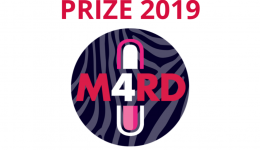
Medical Students asked to “Think Rare” Rare diseases affect approximately 350 million people worldwide, yet they are some of the most difficult conditions to diagnose. Despite the number of people […]
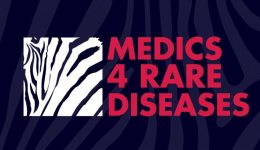
In September 2019 Medics4RareDiseases launched new branding with the help of healthcare communications agency emotive We have always wanted to keep our brand approachable while at the same time honouring […]
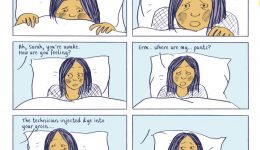
Sarah Lippett spent eleven years suffering with symptoms from an unknown condition, until she was diagnosed with the rare disease, Moyamoya, at the age of 17. This November she is […]
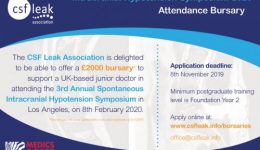
We are delighted to be working with the CSF Leak Association who are currently offering a bursary to support a UK-based junior doctor to travel to, and attend, the 3rd annual Intacranial Hypotension Symposium on 8th February 2020 in Los Angeles.
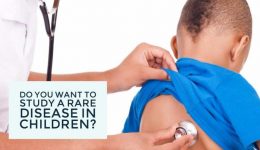
Each year the British Paediatric Surveillance Unit (BPSU) invite paediatricians planning a surveillance study to apply for this bursary. The successful applicant receives a free slot on the BPSU Orange […]

Project Y’s mission is to find answers for children with rare diseases, helping to find answers for thousands of families who desperately need them. Project Y supports advancing initiatives such […]

Earlier this year M4RD helped Childhood Tumour Trust (CTT) search for a doctor to attend the International Neurofibromatosis Conference in San Francisco this September. The successful applicant would also join CTT’s medical […]

The diagnostic odyssey is a term used to describe the long and arduous journey that many rare disease patients find themselves on in pursuit of a diagnosis. The charity, Rare […]
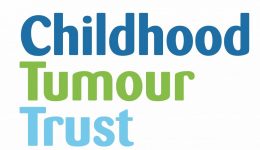
The most common of the Neurofibromatoses, Neurofibromatosis Type 1 (NF1) is a condition that leads to tumors growing on nerves alongside effects on other organs. It affects approximately 1 in 2700 births, and can be due to autosomal dominant inheritance from the parents or new mutations in the gene NF1 in the affected child.